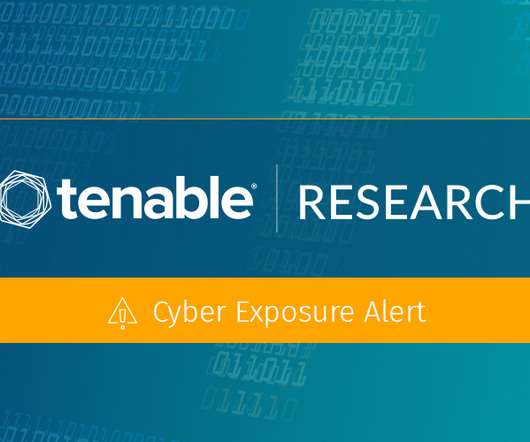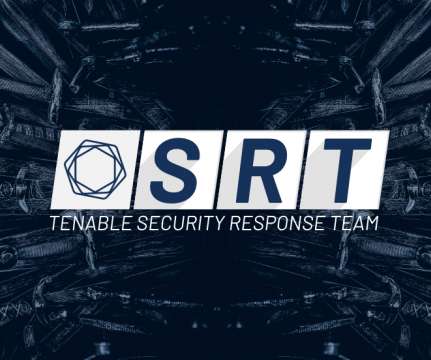CVE-2021-30116: Multiple Zero-Day Vulnerabilities in Kaseya VSA Exploited to Distribute REvil Ransomware
Tenable
JULY 6, 2021
Zero-day vulnerabilities in popular remote monitoring and management software targeted by threat actors to distribute ransomware to reportedly over one million systems. The attacks have been attributed to REvil , also known as Sodinokibi, one of the most active ransomware groups today. Background. Analysis.















Let's personalize your content